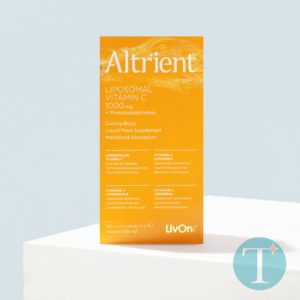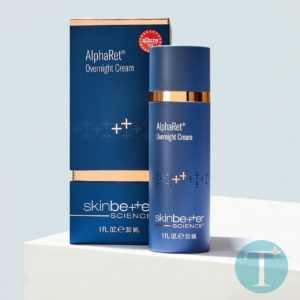Why we recommend
This is brilliant 100 % mineral sunscreen which is great for sensitive skin. It is also designed to have an invisible finish, so it works well all on all skin tones.
Heliocare 360° Mineral Tolerance Fluid SPF 50
100% mineral sunscreen that's great for sensitive skin
This all-mineral sunscreen is particularly good for anyone with sensitive skin and in the best news is designed to reduce a whitish cast.
PRIMARY BENEFITS
- Broad-spectrum mineral-only SPF protection
- Nano-based formula for a near-invisible finish
CATEGORY
Sunscreen
SKIN TYPE
All Skin Types and Sensitive Skin
- Reviews
- How it Works
- Ingredients
- FAQ
This sunscreen only uses mineral sunscreen filters, Titanium Dioxide and Zinc Oxide, and they’re in super-fine nanoparticles which means they don’t give that whitish cast that you often get with mineral sunscreens. It also contains a bunch of antioxidants including Fernblock (exclusive to Heliocare) which all help to further protect your skin from environmental aggressors.
HOW TO USE IT
You need to shake the product well before you open it to make sure it’s properly mixed, and be warned, it’s really runny. When you start to apply it, you’ll think ooh, that’s pale, that’s going to show up, but then when you give it just a few seconds, it turns completely clear as it settles into the skin.
Aqua; Dimethicone; Isododecane; C12-15 Alkyl Benzoate; Hydrogenated Polydecene; Titanium Dioxide(nano); Zinc Oxide(nano); Butyloctyl Salicylate; Alumina; Styrene/Acrylates Copolymer; Phenethyl Benzoate; PEG-9 Polydimethylsiloxyethyl Dimethicone; Nylon-12; Polypodium leucotomos Leaf Extract; Ferulic Acid; Caffeic Acid; Physalis angulata Extract; Caprylyl Glycol; Melanin; Camellia sinensis Extract; Plankton Extract; 3-O-Ethyl Ascorbic Acid; Isohexadecane; Hydrogen Dimethicone; Phenylpropanol; Polyhydroxystearic Acid; Magnesium Sulfate; Tocopheryl Acetate; Dimethicone/PEG-10/15 Crosspolymer; Propanediol; Triethoxycaprylylsilane; Propylene Carbonate; Caprylic/Capric Triglyceride; Panthenyl Triacetate; Butylene Glycol; Propylene Glycol; Arginine; Ethyl Linoleate; Oleyl Alcohol; Pentylene Glycol; Oxothiazolidine; Dipropylene Glycol; Sodium Citrate; Palmitoyl Hydroxypropyltrimonium Amylopectin/Glycerin Crosspolymer; 1,2-Hexanediol; Lecithin; Sodium Benzoate; Tocopherol; Hydrogenated Lecithin; Phenoxyethanol; CI 77492; CI 77491; CI 77499.
What are the differences between physical and chemical sunscreens?
The two main categories of sunscreens are physical sunscreens and chemical sunscreens. Chemical sunscreens work by absorbing the energy from UV rays and turning it into heat instead. Physical sunscreens ‘shield’ your skin, forming a physical barrier that mainly reflects the UV rays away from the skin instead (although they do absorb some of it).
Why might physical sunscreens be better for sensitive skin?
Chemical filters can sometimes be aggravating for sensitive skin, especially for children or if you have a skin condition, as they have a slightly higher risk of causing irritation. This can sometimes make physical sunscreens a better choice.
Do I really need to wear sunscreen everyday?
While you might not burn if you don’t wear sunscreen everyday, if you are serious about preventing signs of ageing, such as fine lines and hyperpigmentation, then yes, wear your SPF everyday. That’s because you are exposed to UVA light even on seemingly sunless days, which could be having an ageing effect on your complexion.









You must shake the bottle otherwise it is very thin. It also has an unusual smell – not particularly fragrant. Presumably it has the factor 50.
Light and transparent but a little too oily for my skin.
Very good love it
I absolutely love this product I can honestly say hands down best for sun protection and for skin that’s needs some care . You must shake well before applying otherwise it’s oily ,as a side it’s also helped calm down my rosecea, big bonus .
Wouldn’t be without this to keep my face sun damage free.